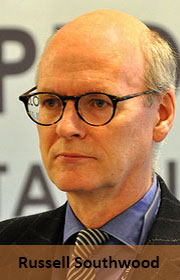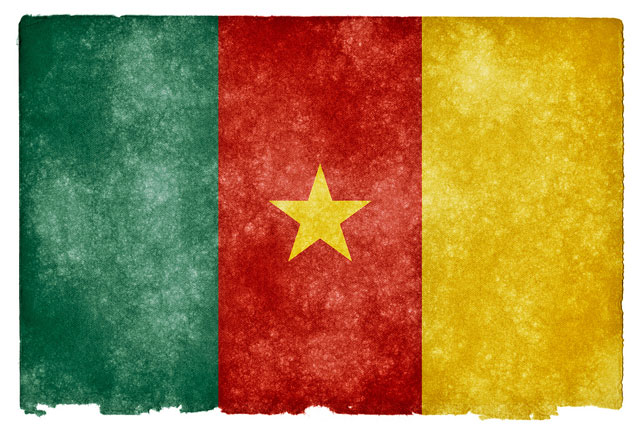 Cameroon’s government is hanging on to its monopoly state telecommunications provider, Camtel, and the result is that the country now has some of the highest international and national wholesale fibre rates on the continent. The country refused World Bank funding because it would have meant creating a separate wholesale consortium offering competitive prices.
Cameroon’s government is hanging on to its monopoly state telecommunications provider, Camtel, and the result is that the country now has some of the highest international and national wholesale fibre rates on the continent. The country refused World Bank funding because it would have meant creating a separate wholesale consortium offering competitive prices.
The country’s power utility, AES Sonel, has long harboured an ambition to enter the national fibre wholesale market. Evidence from many countries on the continent is that this would lead to lower prices. Now the regulator, ART — which is not known for its independence — and the Cameroon government are trying to prevent it from getting a licence. In these circumstances, it is hard to take seriously any government rhetoric about wanting to become an information society, one that embraces e-government.
Let’s take a closer look at the situation. AES Sonel has laid more than 700km of fibre because, as most power utilities do, it wants to be able to manage and control its power network using fibre links. The network was started in 2011 and has 96 strands. Globally, in competitive markets, it is accepted that rather than simply laying just enough for this task, additional capacity be included at very little additional cost. AES Sonel then applied for a licence to become an independent provider of wholesale fibre.
A source at the country’s posts and telecoms ministry told me that government asked AES Sonel to focus more on electricity and donate its surplus fibre-optic facilities to the state. It felt that telecoms should remain in the hands of telecoms operators and that this particular function should remain a monopoly of the state.
Camtel’s monopoly in this area was covered by decree 005/MPT of 18 May 2001. This concession by decree was renewed every two years until 2007, so there is currently no law protecting its monopoly except “the government says so”. In 2009, MTN Cameroon attempted to find out whether the monopoly could be made to disappear in practice by starting to roll out an 81km link in Douala, the largest city in the West African nation.
But regulator ART closed this project down with the threat of heavy fines. In June 2013, it issued a warning to Creolink, an Internet service provider, and to AES Sonel to stop offering wholesale fibre to the telecoms market.

In November 2013, AES sold the business outright to the UK-based investment fund Actis. Before Christmas, AES Sonel had another go at getting a wholesale fibre licence. In the current discussion, AES Sonel has taken several posts and telecoms ministry officials to Brazil to show them a network they already run as a wholesale operator. It could as easily have taken them to any number of African countries where this kind of third-party carrier competition is already working well.
In lock-step, the regulator and government seem to be arguing that AES Sonel should not have built the fibre in the first place and, should it persists with the licence application, the inevitable consequence will be a big fine. In other words, they’re saying the company should back off, a form of state-sponsored bullying that undermines the notion of independent regulatory frameworks.
There is no law or decree covering Camtel’s wholesale monopoly — it includes the international cable landing station, but that’s another story — so opening up wholesale competition would both improve Camtel’s less-than-perfect service and lead to prices dropping sharply. The government wants AES Sonel to hand over its fibre capacity to Camtel to maintain the monopoly. Paul Biya, Cameroon’s president, should wake up and do the right thing for the country’s citizens.
- Russell Southwood is head of Balancing Act Africa

